A LeNSlab, constituted as a laboratory or research group, is a collaborative space within a research or educational institution that supports Design for Sustainability (DfS) through education, research, and community engagement. It offers tools and resources for researchers, designers, educators, students, and local stakeholders to explore and apply sustainable design practices. By registering, your laboratory or research group becomes part of the LeNS Network crucial center, which fosters intercultural exchange, amplifies the visibility of local research, educational and design activities, and connects your group to a globally distributed network of spaces united by a shared commitment to sustainability.
LeNS Labs are aimed at:
- the dissemination, the sharing, and the development of knowledge-base and know-how on Design for Sustainability, supported by this Platform of platforms;.
- promoting research activities, teaching, and internationalization; being connected to the multipolar worldwide scheme of LeNS_Labs, as well as with local and global HEIs, by adopting an intercultural approach to favour knowledge cross-fertilisation;.
- strengthening the link with the local productive sectors, acting as a hub.
Labs and Contacts
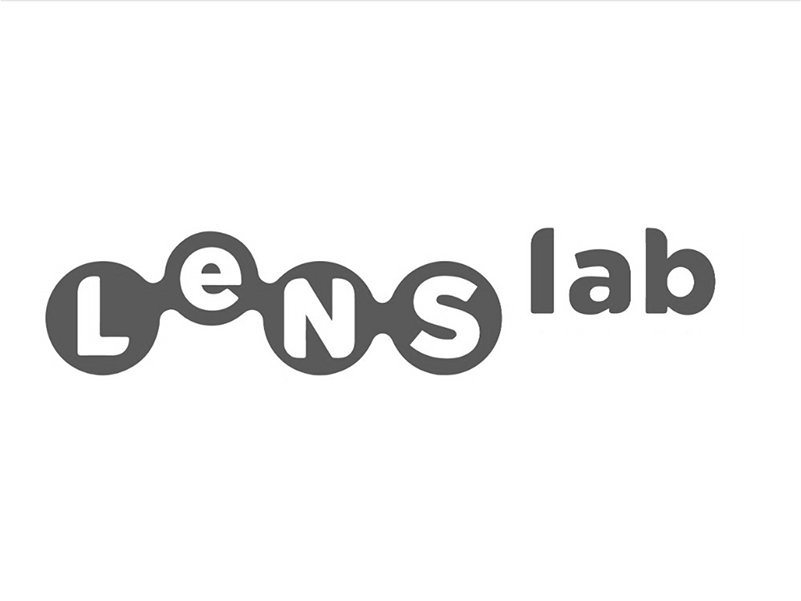

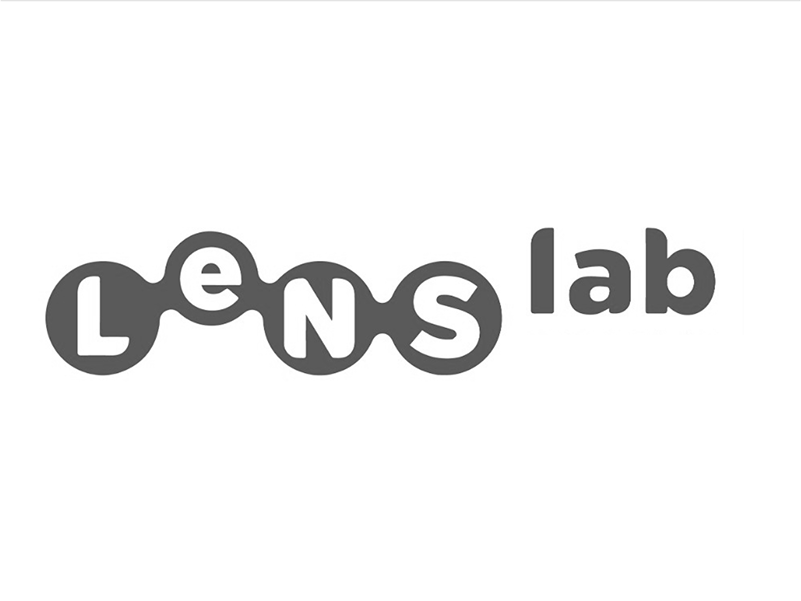

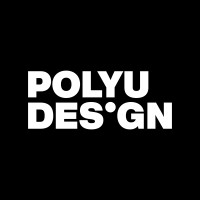

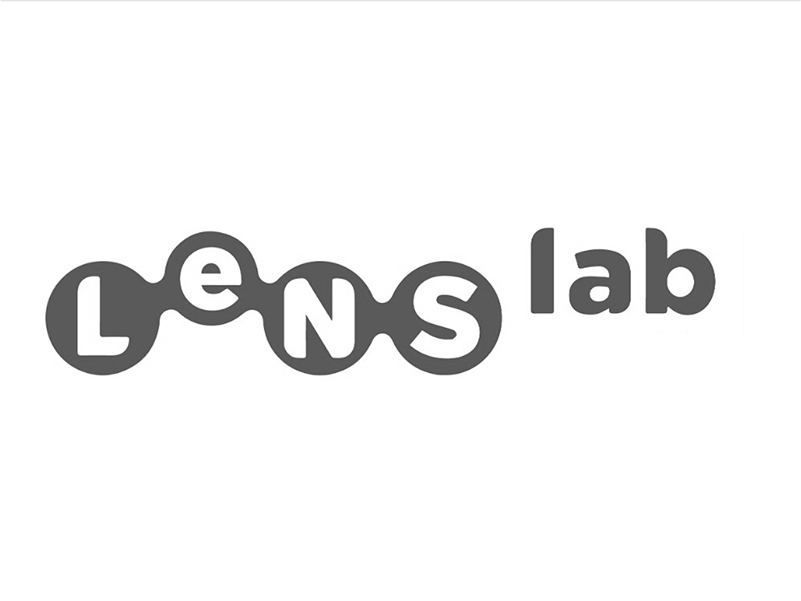

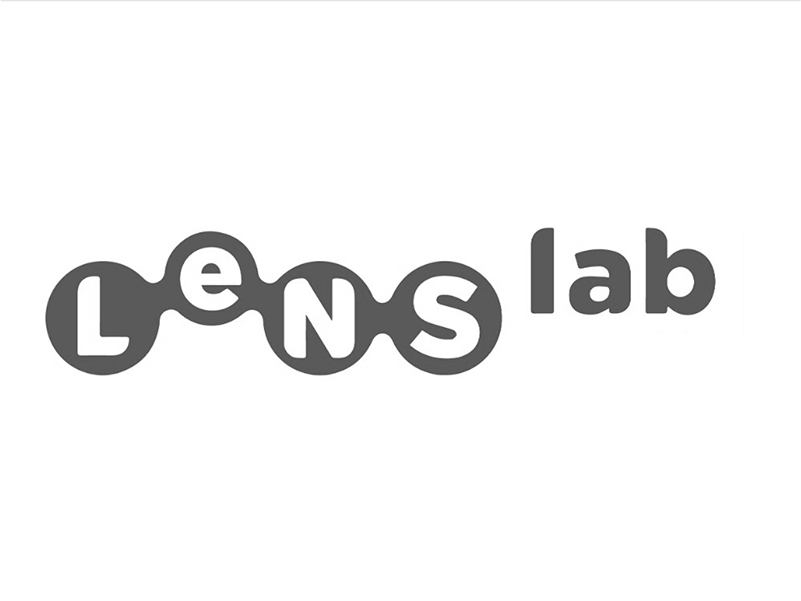

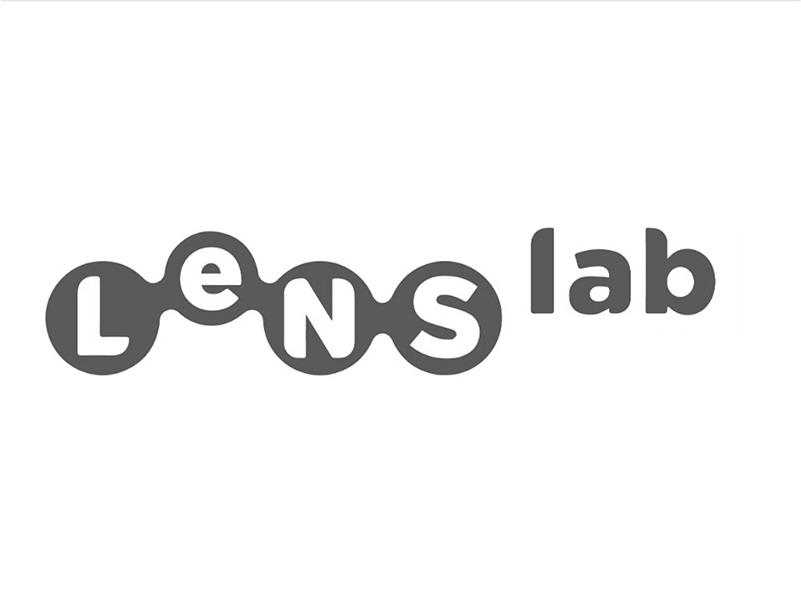

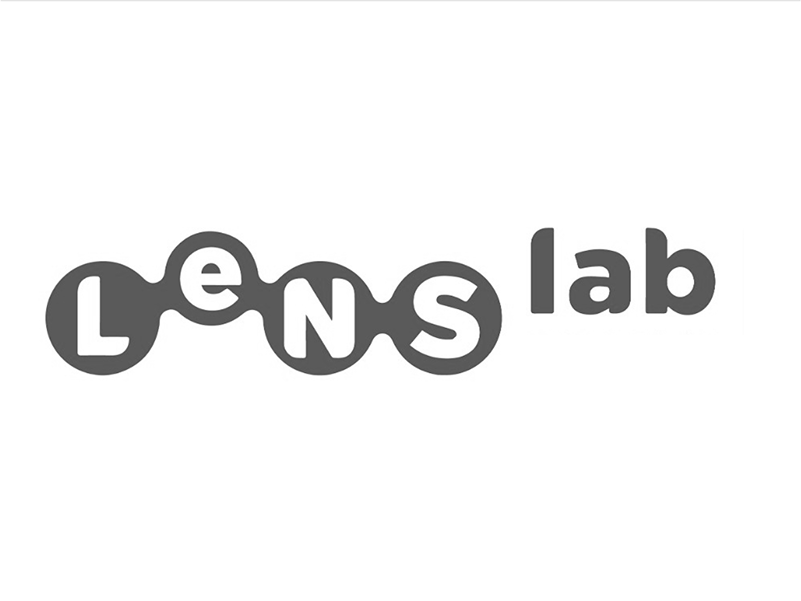

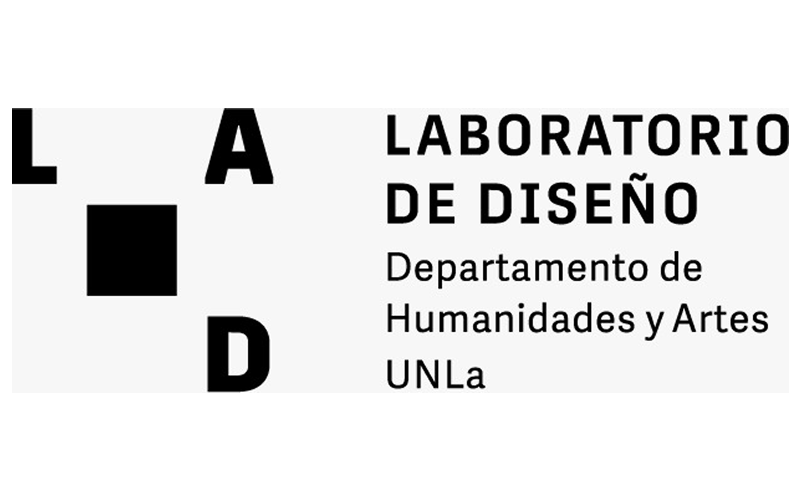



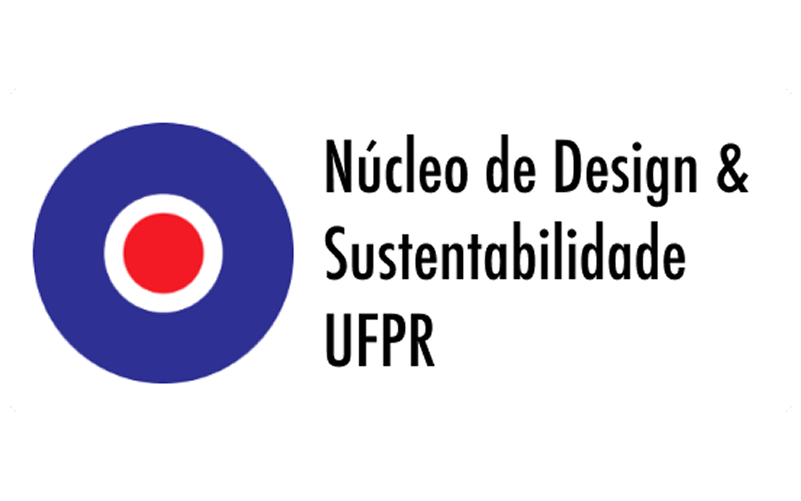

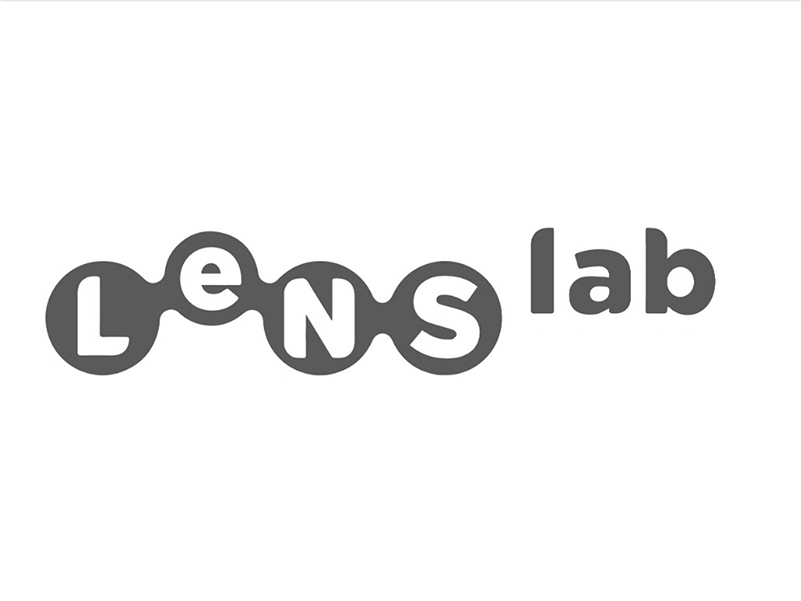

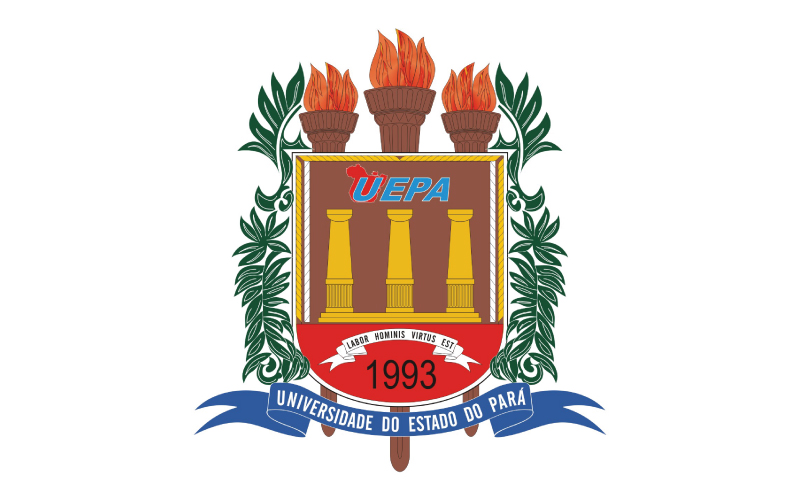

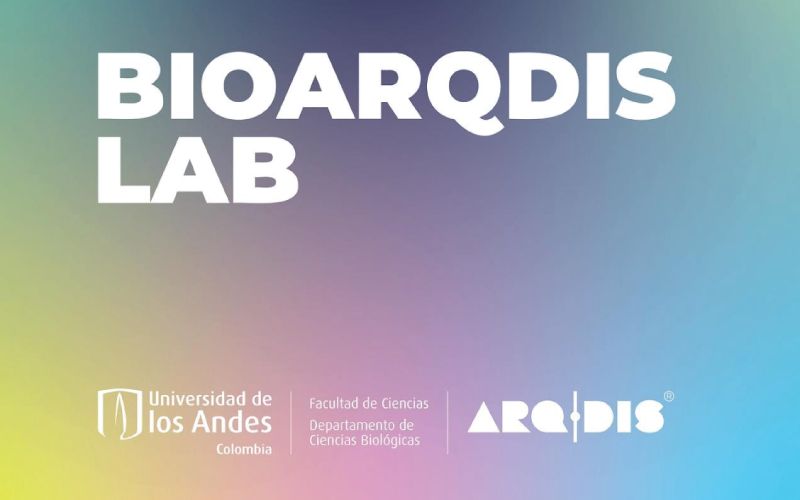

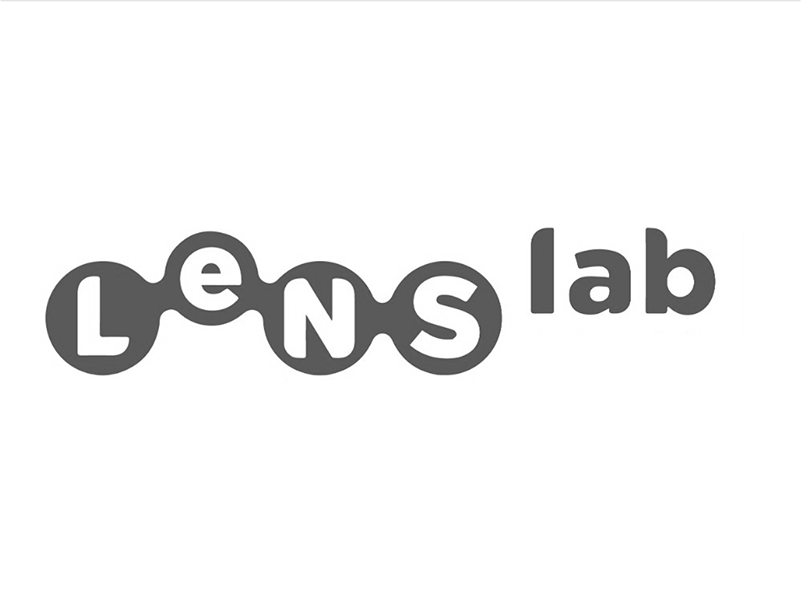

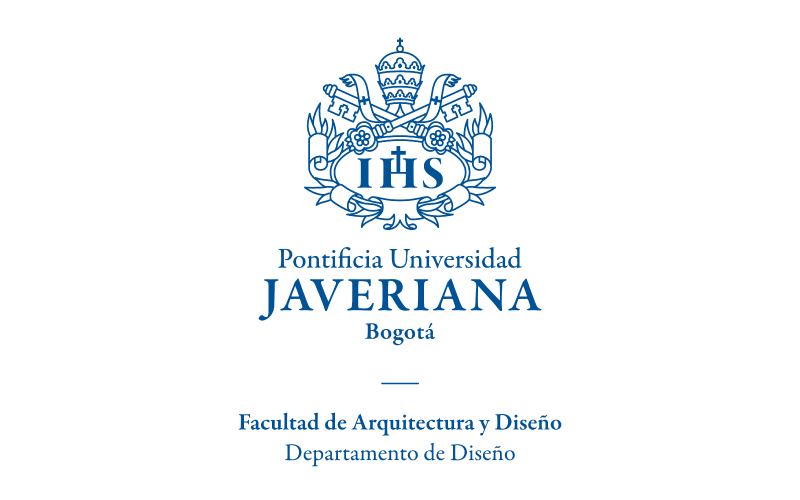

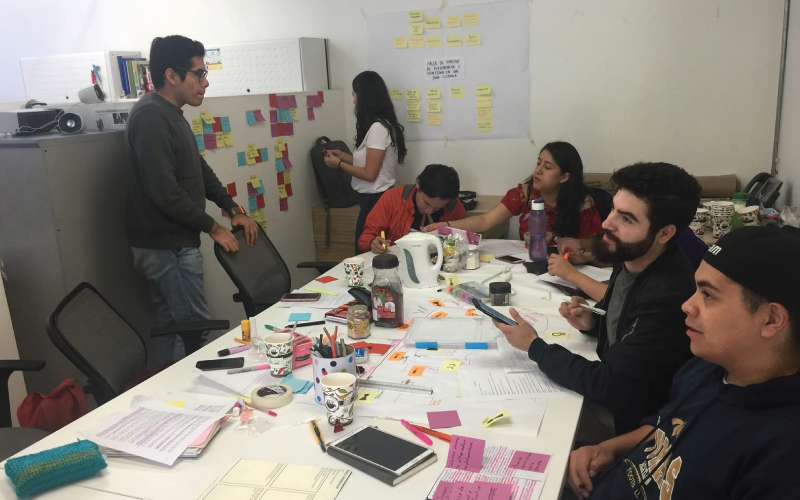

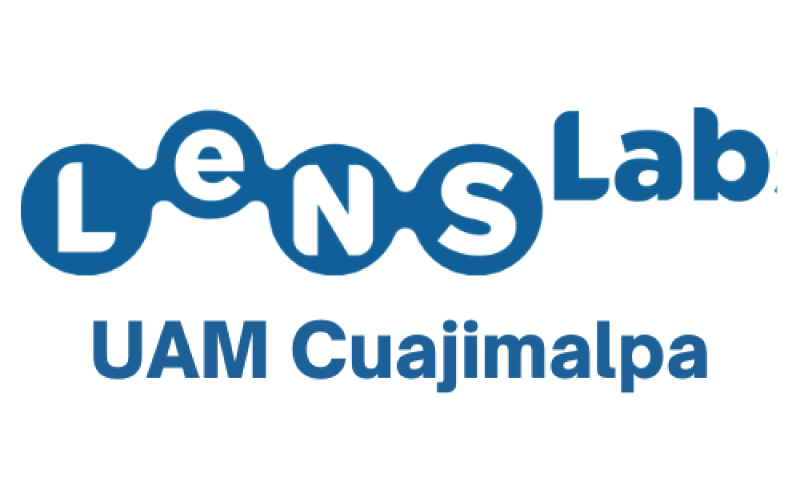

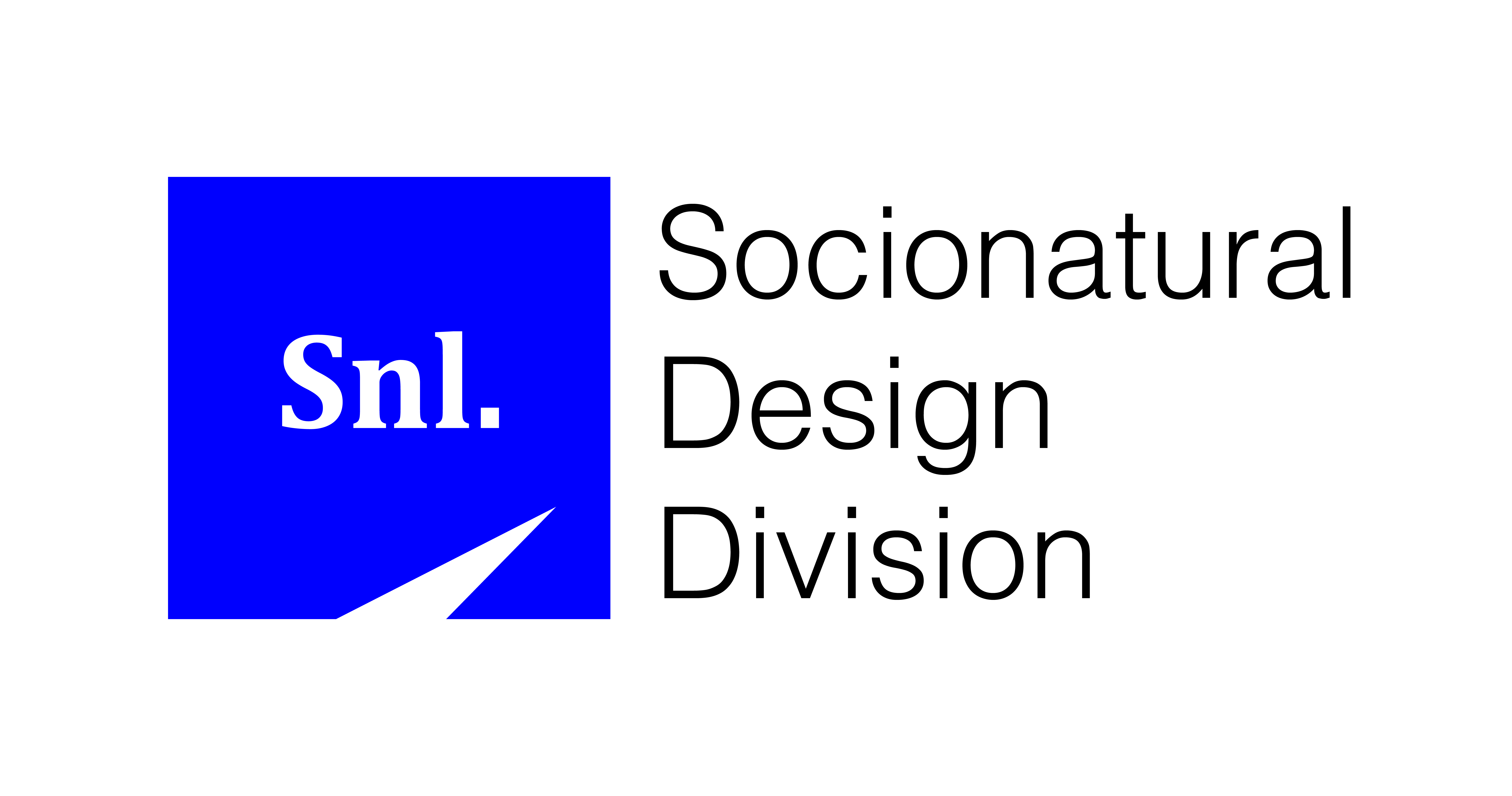

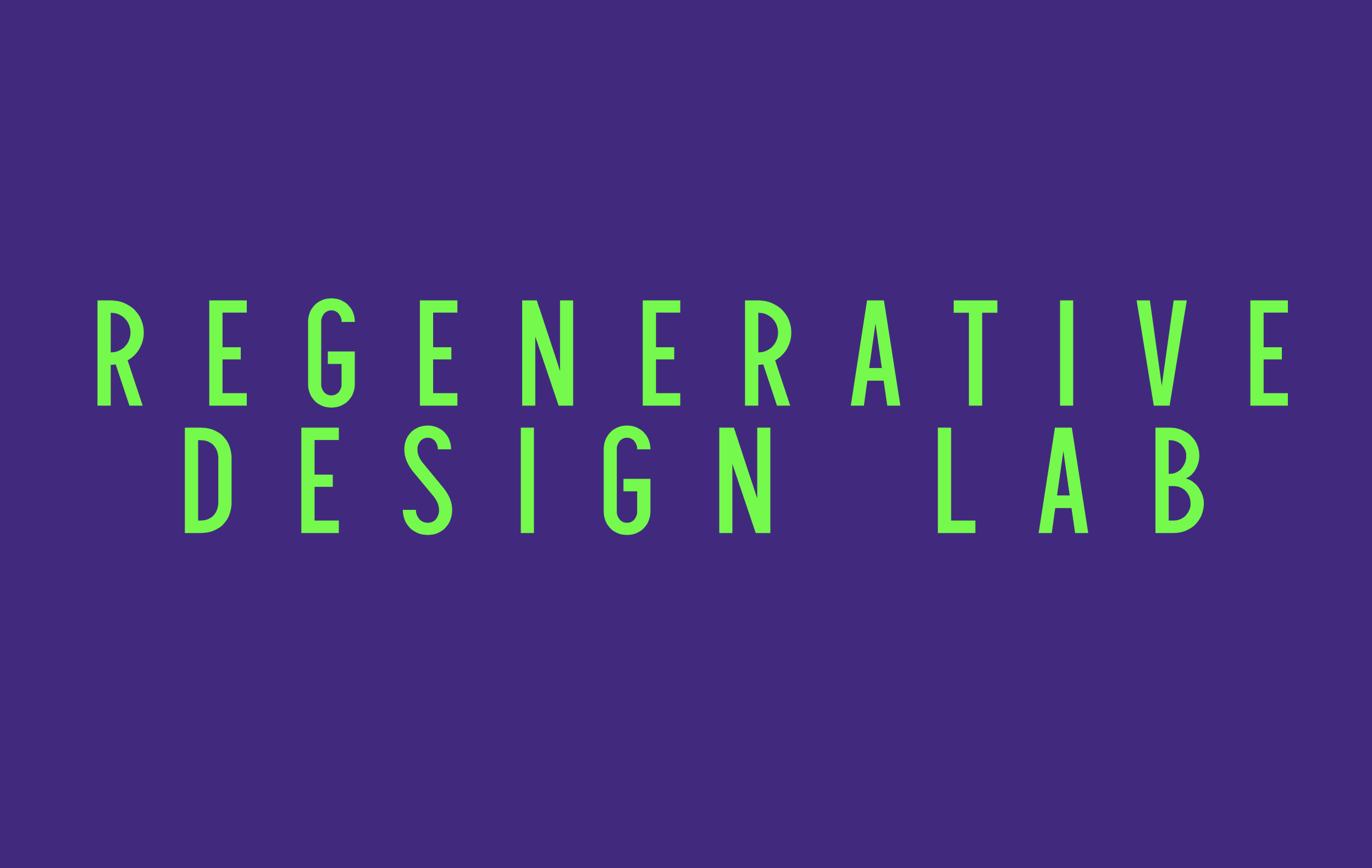





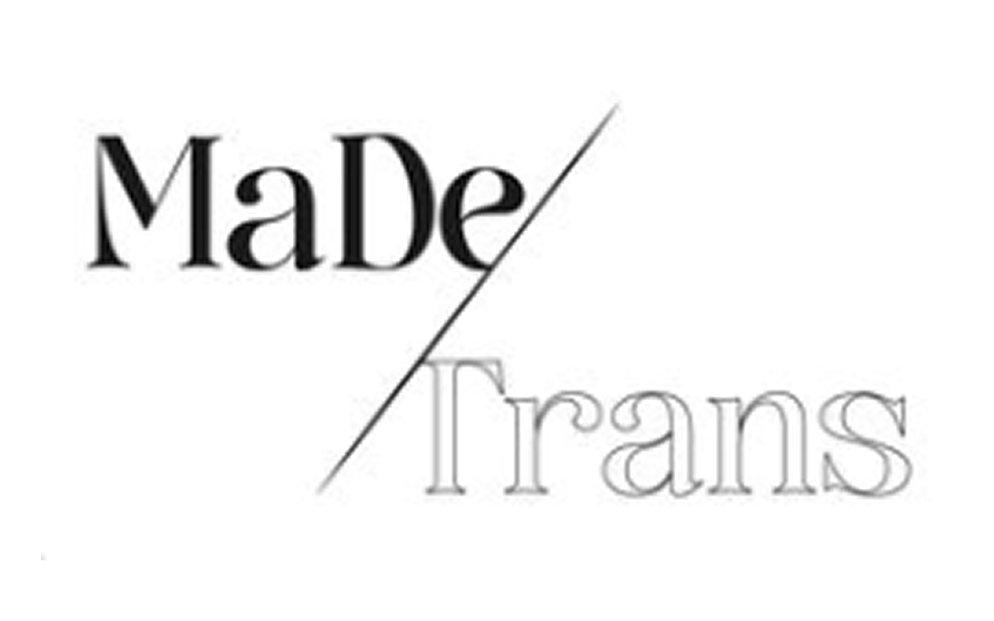

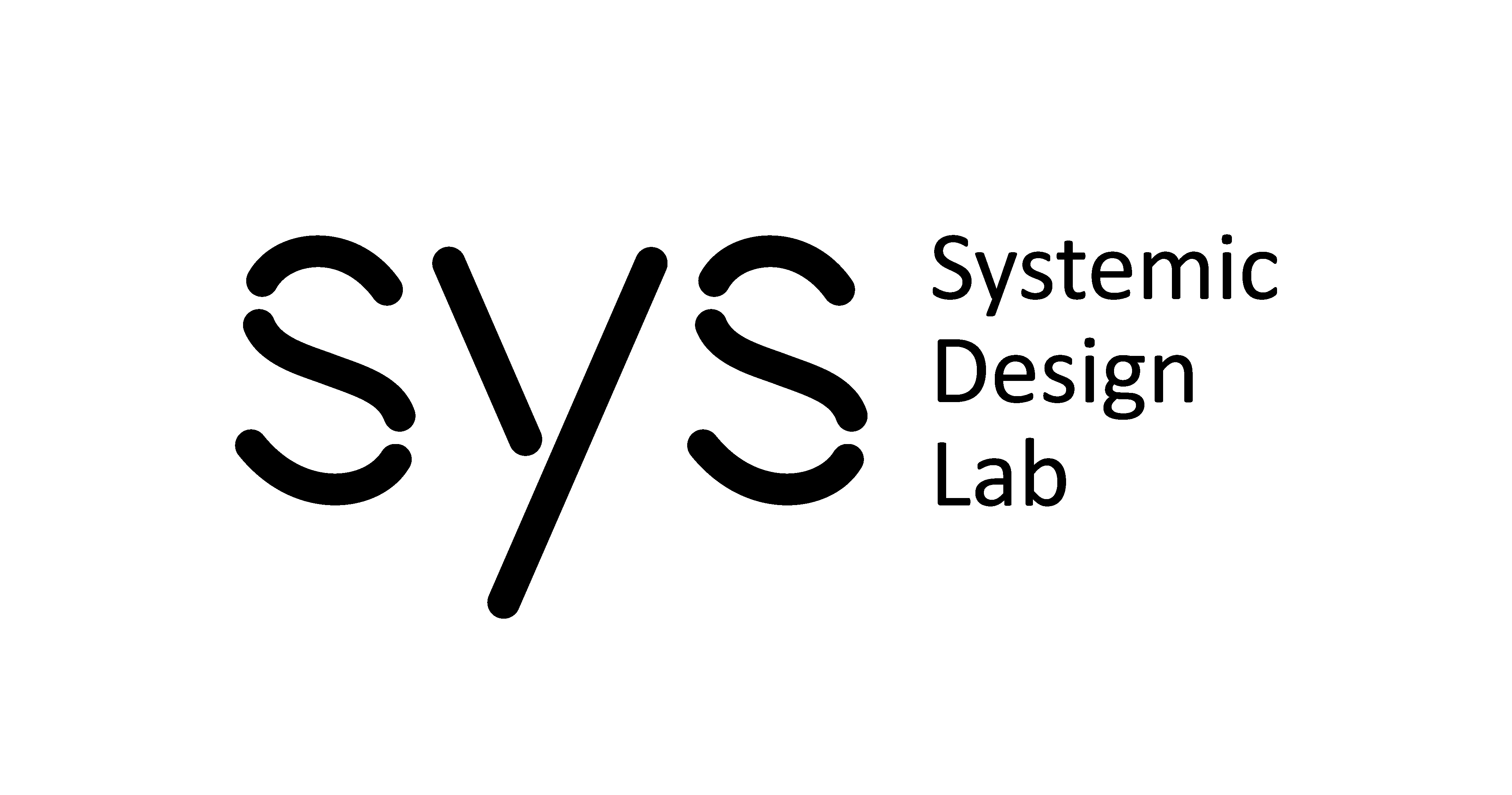

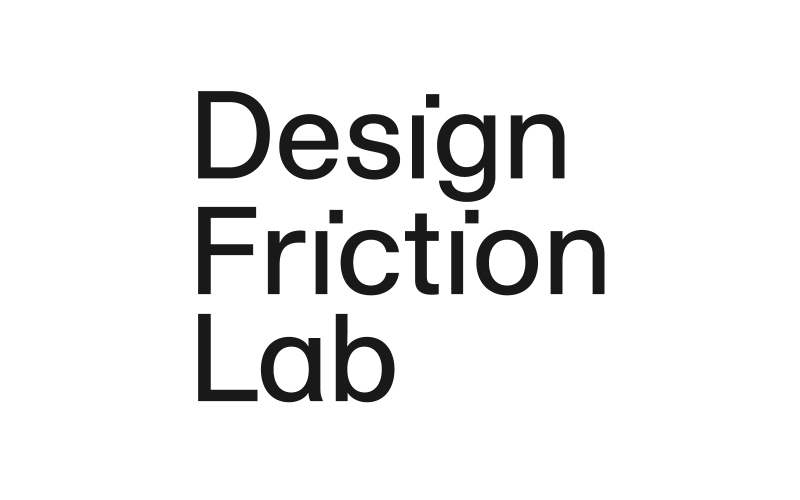

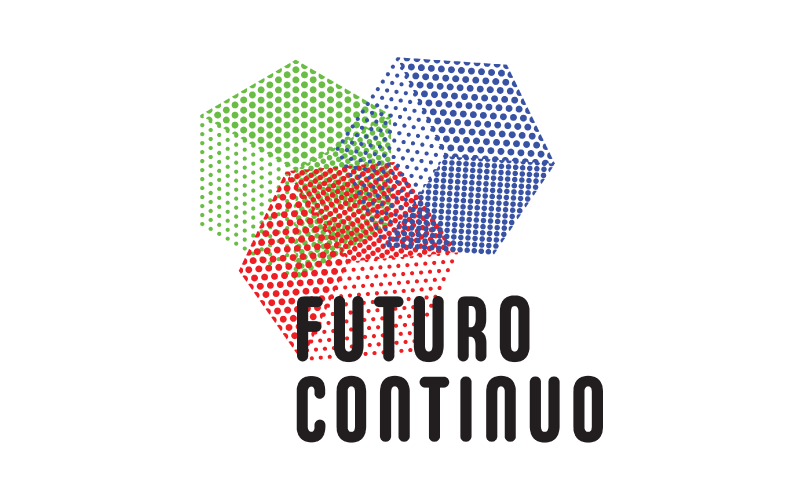

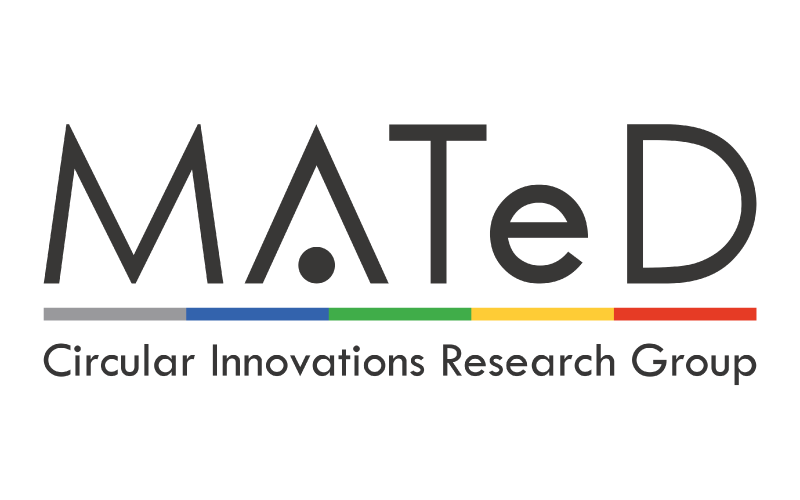



Other LeNS Labs worldwide will open soon!
CLICK HERE TO REGISTER A NEW LeNSlab.
LeNS Lab Design Garage at Cape Peninsula University of Technology, Cape Town, South Africa
Contact: Ephias Ruhode | RuhodeE@cput.ac.za
LeNS Lab Department of Visual Arts at Stellenbosch University, Stellenbosch, South Africa
Contact: Elmarie Constandius | elmarie@sun.ac.za
LeNS Lab Srishti Institute of Art, Design and Technology, Bangalore, India
Contact: Mary Jacob | maryjacob@srishti.ac.in
LeNS Lab/Sustainability and Social Innovation Lab, Department of Design, IIT Guwahati, Guwahati, India
Contact: Sharmistha Banerjee | sharmistha@iitg.ernet.in
LeNS Lab Tsinghua University, Academy of Arts & Design, Blk B, RM464., Beijing, China
Contact: Liu xin | xinl@tsinghua.edu.cn
LeNS Lab School of Design, N.319, Hunan University, Lushan South Road 1#, 410082, Changsha, China
Contact: Jun Zhang | zhangjun@hnu.edu.cn
LeNS Lab Wuhan University of Technology, Wuhan, China
Contact: Shaohua Han | hanshaohua@msn.com
LeNSlab Mexico
LeNS Lab Universidad Autónoma Metropolitana (UAM) Azcapotzalco, Mexico City, Mexico
Contact: Sandra Molina | unasandra@yahoo.com.mx
LeNS Lab Universidad Autónoma Metropolitana (UAM) Cuajimalpa, Mexico City, Mexico
Contact: Brenda Garcia Parra | brendagparra@gmail.com
LeNS Lab Universidade Federal do Paraná (UFPR), Curitiba, Brazil
Contact: Aguinaldo Dos Santos | asantos@ufpr.br
Contact: Leonardo Gómez Castillo | leonardo.a.gomez@gmail.com
LeNS Lab Politecnico di Milano, Milan, Italy
Contact: Carlo Vezzoli | carlo.vezzoli@polimi.it
LeNSlab worldwide will open soon
Other LeNS Labs worldwide will open soon!

